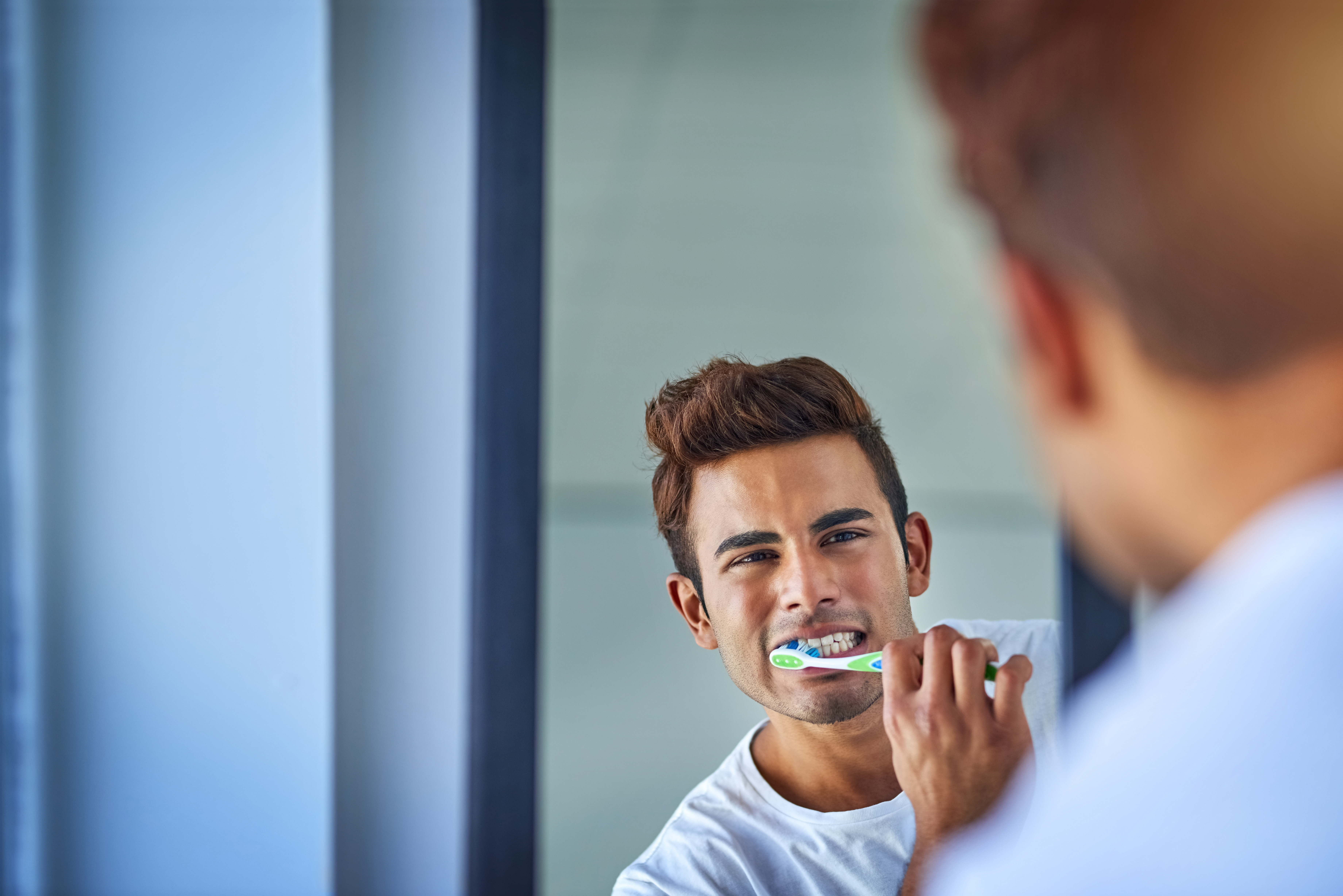16 Oral Microbiome Myths: What You Really Need to Know for Lifelong Health
Your mouth is more than a gateway for words or meals—it’s the command center of your health. At the heart of it lies the oral microbiome, a vibrant ecosystem of bacteria, fungi, and microbes that influences everything from digestion and immunity to brain and heart health. And yet, this powerful system remains misunderstood, buried under decades of myths, marketing gimmicks, and half-truths. Think killing all germs equals cleanliness? Or that mouthwash is a cure-all? Think again. We've expanded our list to 16 of the most common oral health myths—and paired each one with science-backed insights that cut through the noise. These aren’t just dental tips—they’re revelations that could transform your entire wellness routine. Because when you stop fighting your mouth and start supporting it, the ripple effect can be felt throughout your entire body. It’s time to decode the facts—and take your health back, one myth at a time.
Myth 1: Oral Bacteria Are All Harmful

One of the most pervasive myths is that all oral bacteria are harmful. In reality, the oral microbiome comprises both beneficial and pathogenic bacteria. Beneficial bacteria play a critical role in maintaining oral health by competing with harmful microbes and aiding in digestion. Disrupting this balance can lead to oral diseases like gingivitis and periodontitis. Research highlights the importance of fostering a healthy oral microbiome through balanced diets and proper oral hygiene. Understanding that not all bacteria are foes allows us to adopt practices that nurture beneficial microbial communities, promoting overall health.
Myth 2: Good Oral Hygiene Eliminates All Bacteria

Many believe that good oral hygiene should eliminate all bacteria from the mouth. However, the goal of oral hygiene is not to eradicate bacteria but to maintain a balanced microbial environment. Over-sanitizing can disrupt this balance, potentially leading to an overgrowth of harmful bacteria. Studies suggest that using mild, non-alcoholic mouthwashes and avoiding excessive use of antimicrobial products can preserve beneficial bacteria. This nuanced approach to oral care emphasizes the importance of balance rather than eradication, aligning with the body's natural ecosystem and supporting long-term health.
